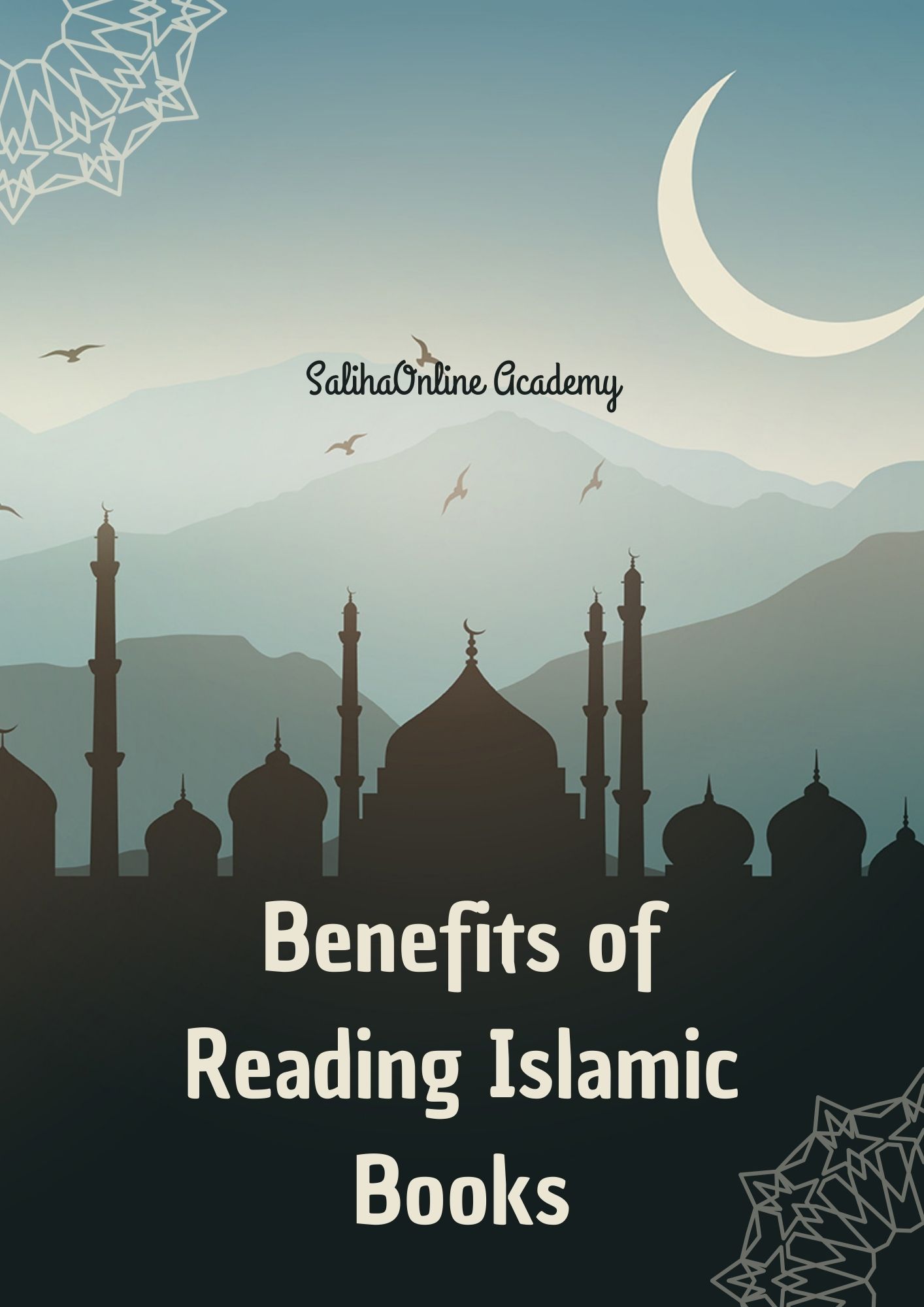Path to Knowledge and Inner Peace
In today’s fast-paced world, where distractions are everywhere and spirituality is often overlooked, reading Islamic books offers a powerful way to reconnect with faith, find inner peace, and grow intellectually. Whether you’re a lifelong Muslim or someone exploring Islam, diving into Islamic literature can bring clarity, purpose, and a deeper understanding of life.
Why Islamic Books Matter
Islamic books are more than just religious texts. They are sources of wisdom, guidance, and knowledge that span centuries. From the Qur’an and Hadith to books on Islamic history, theology, and daily practice, this literature helps Muslims strengthen their faith and live according to the teachings of Islam.
1. Deepening Your Understanding of Islam
One of the most significant benefits of reading Islamic books is gaining a deeper understanding of your religion. Many Muslims rely only on what they learn in school or at the mosque. However, Islamic literature offers a broader and more detailed view of faith.
Books by classical scholars and modern writers explain concepts like Tawheed (monotheism), Akhlaq (morals), Fiqh (jurisprudence), and Aqidah (beliefs). By reading these works, Muslims can develop a more grounded and personal understanding of their religion.
2. Improving Spiritual Connection
Reading Islamic books encourages reflection and self-awareness. Texts like Riyadh as-Salihin, Ihya Ulum al-Din, or commentaries on the Qur’an invite readers to think deeply about their relationship with Allah (SWT), the purpose of life, and the Hereafter.
Regular reading of such books strengthens Iman (faith) and brings peace to the heart. It helps Muslims to stay spiritually connected, especially in times of hardship or doubt.
3. Inspiration for Daily Life
Islamic books are not only about rituals and worship—they provide practical guidance for everyday living. Whether it’s dealing with family issues, handling finances ethically, or maintaining good character, Islamic literature offers timeless advice.
Books such as The Forty Hadith of Imam Nawawi or Don’t Be Sad by Dr. Aaidh al-Qarni offer motivational insights and solutions for common challenges, making them a valuable resource for anyone seeking purpose and positivity.
4. Preserving Islamic Knowledge
Reading Islamic books helps preserve centuries of scholarly work. Islamic civilization boasts a rich intellectual tradition, with contributions in science, philosophy, medicine, and art—all grounded in a religious worldview. Engaging with these texts connects the modern reader to a legacy that shaped human history.
By passing this knowledge on to younger generations, Muslims ensure that their cultural and religious identity remains strong.
5. Boosting Language and Critical Thinking Skills
Many Islamic books are originally written in Arabic, Persian, or Urdu. Reading them—whether in the original language or in translation—can improve language skills and encourage critical thinking. These texts often invite the reader to reflect, question, and analyze, fostering an active and engaged mind.
For non-Arabic speakers, reading translated works along with Qur’anic verses can also improve understanding of Islamic terminology and deepen connection to the original scripture.
6. Strengthening Moral Character
Islam places great emphasis on good manners and ethical behavior. Books about the Prophet Muhammad’s (PBUH) character, such as Shama’il Muhammadiyah, offer powerful role models for Muslims to follow. Reading about the lives of the Sahabah (companions) or righteous scholars also inspires readers to emulate their dedication, humility, and compassion.
Conclusion
In an age of digital noise and short attention spans, the habit of reading Islamic books offers a powerful spiritual retreat. It nourishes the soul, sharpens the mind, and anchors the believer in timeless truth. Whether you’re seeking knowledge, comfort, or motivation, Islamic literature is a wellspring of benefits.
Make time each day to read, reflect, and grow. As the Prophet Muhammad (PBUH) said, “Seeking knowledge is an obligation upon every Muslim” (Ibn Majah). Start with a few pages, and you may find that it changes your life in ways you never expected.
- Info@salihaonlineacademy.com
- Chaman Zar Colony, Rawalpindi
- Sunrise At: 5:15 AM
- Sunset At: 4:50 PM
- Let’s Talk +923301790195


Leave A Comment